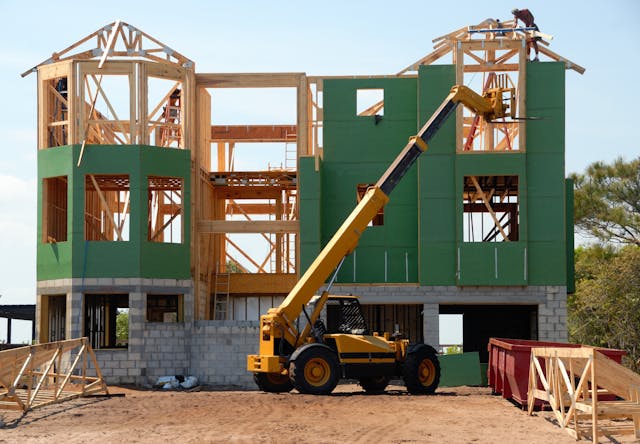
Whether you’re a seasoned developer or a first-time builder, understanding the permitting process in Florida is crucial for the success of any construction project. Read this blog and speak with our seasoned Florida construction attorneys to learn about the steps involved in obtaining the necessary permits for your construction endeavors in the Sunshine State.
Why Is Permitting Important in Florida Construction?
Permitting is a critical component of the construction process. It ensures that all building activities comply with local, state, and federal regulations. These regulations are in place to protect public safety, preserve environmental resources, and ensure that buildings are constructed to standards that will withstand Florida’s unique climate challenges, including hurricanes and flooding. Without the proper permits, a construction project can face significant legal and financial repercussions, including fines, project delays, and even demolition orders.
In Florida, the permitting process serves as a safeguard for both the community and the builder. It involves a series of checks and balances designed to verify that construction plans meet all applicable codes and standards. This process helps prevent potential hazards and ensures that the building is safe for occupancy upon completion.
What Are the Steps Involved in the Permitting Process?
The permitting process in Florida involves several steps, each with its own set of requirements and procedures. The typical stages of the permitting process are as follows:
- Pre-Application Meeting: Before submitting an application, it’s often beneficial to have a pre-application meeting with the local building department. This meeting helps clarify what is needed for your specific project and can identify potential issues early in the process.
- Application Submission: The next step is to submit a detailed application to the local building department. This application must include site plans, construction drawings, and any other relevant documents. The submission must be thorough and accurate to avoid delays.
- Plan Review: Once the application is submitted, it undergoes a plan review process. During this stage, building officials will scrutinize the plans to ensure they comply with all building codes and regulations. This review process can take several weeks, depending on the complexity of the project.
- Permit Issuance: If the plans meet all the requirements, the building department will issue the necessary permits. This includes building permits, electrical permits, plumbing permits, and any other specific permits required for the project.
- Inspections: Throughout the construction process, various inspections are required to ensure compliance with the approved plans and building codes. Inspections are typically required at different stages of construction, such as foundation, framing, electrical, and final inspection.
- Final Approval: Once all inspections are successfully completed, the building department will issue a certificate of occupancy or completion. This document certifies that the building is safe to occupy and meets all regulatory standards.
If you have further questions about the permitting process, please don’t hesitate to contact Ansbacher Law today.

